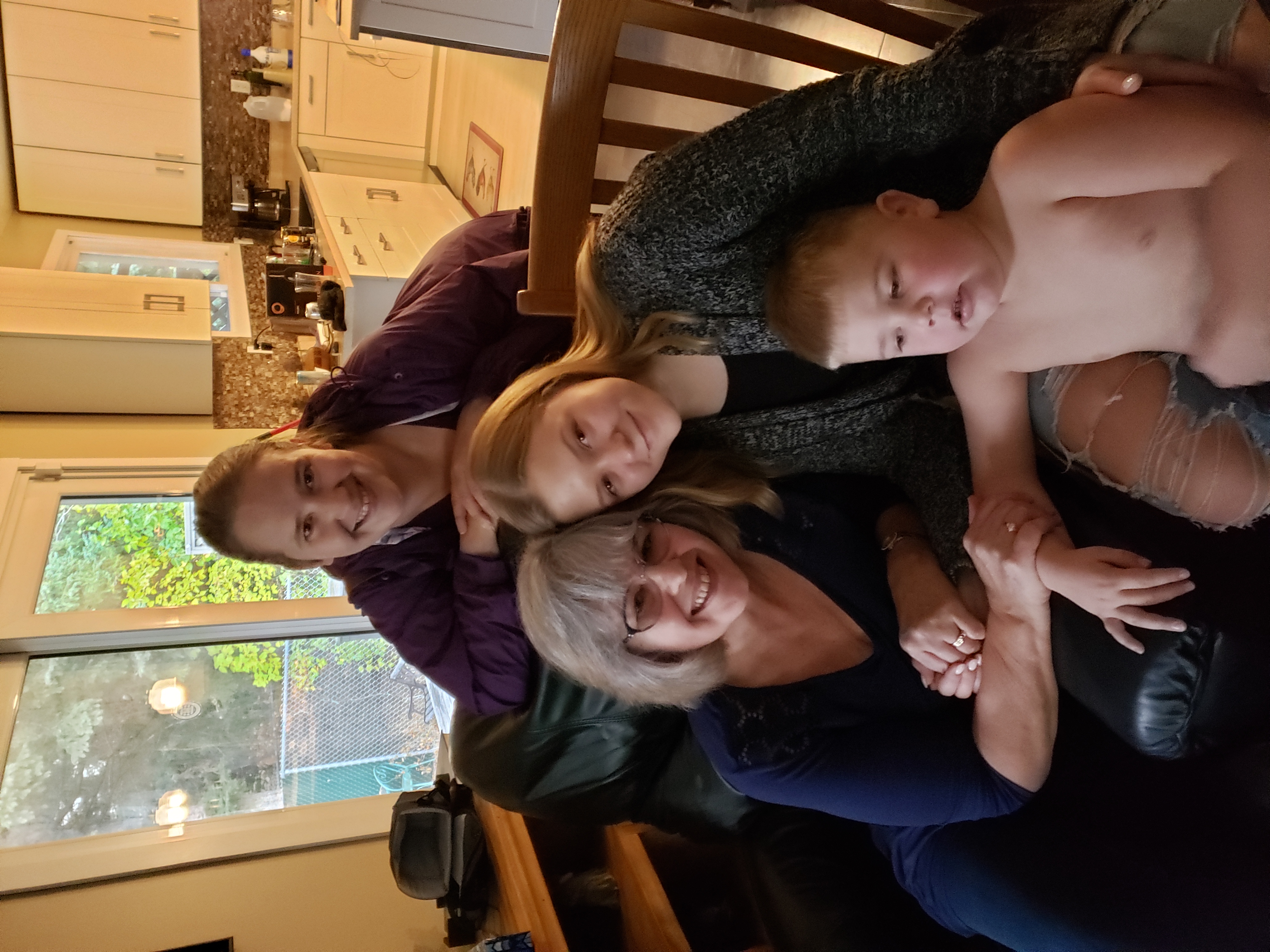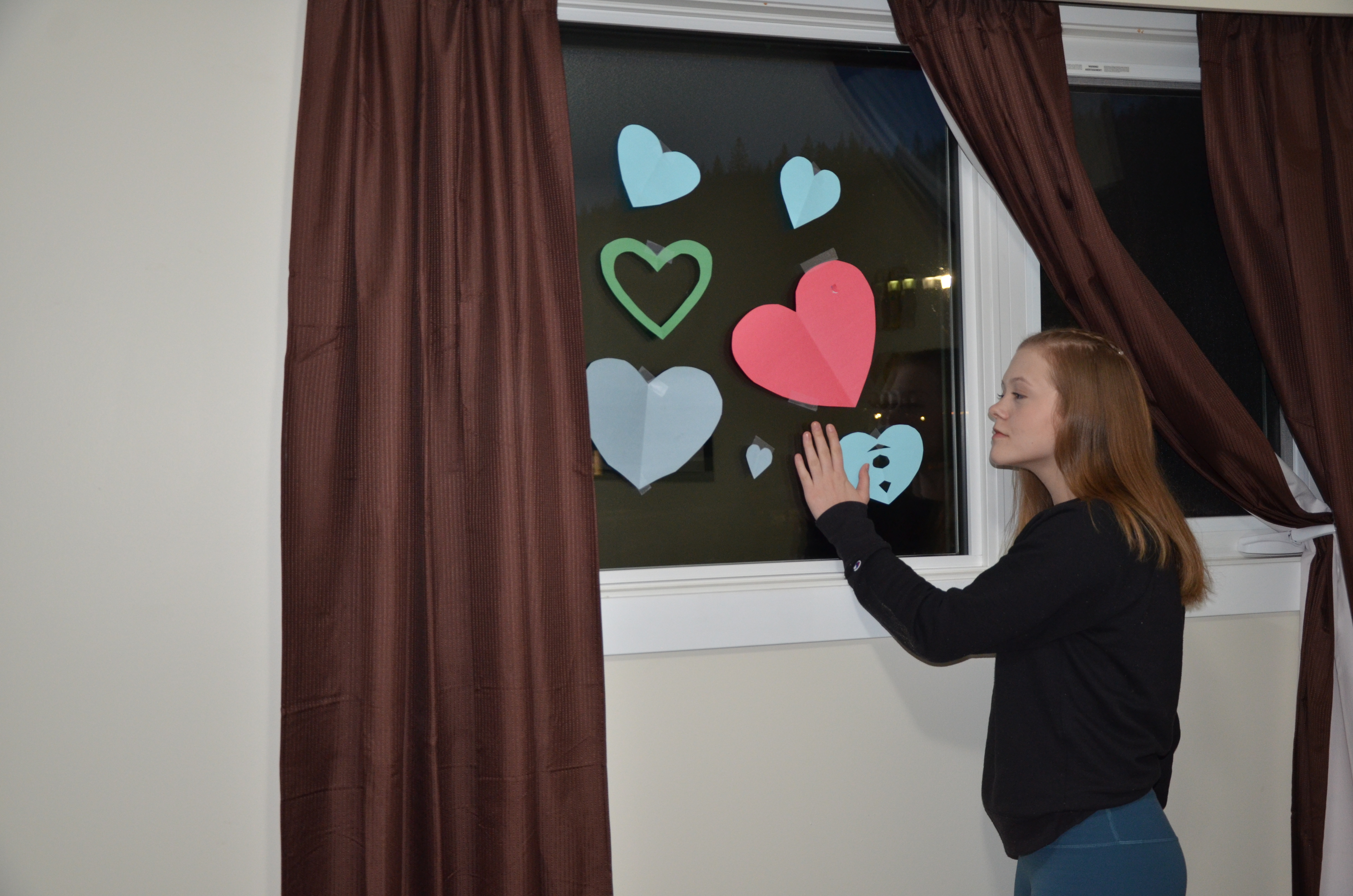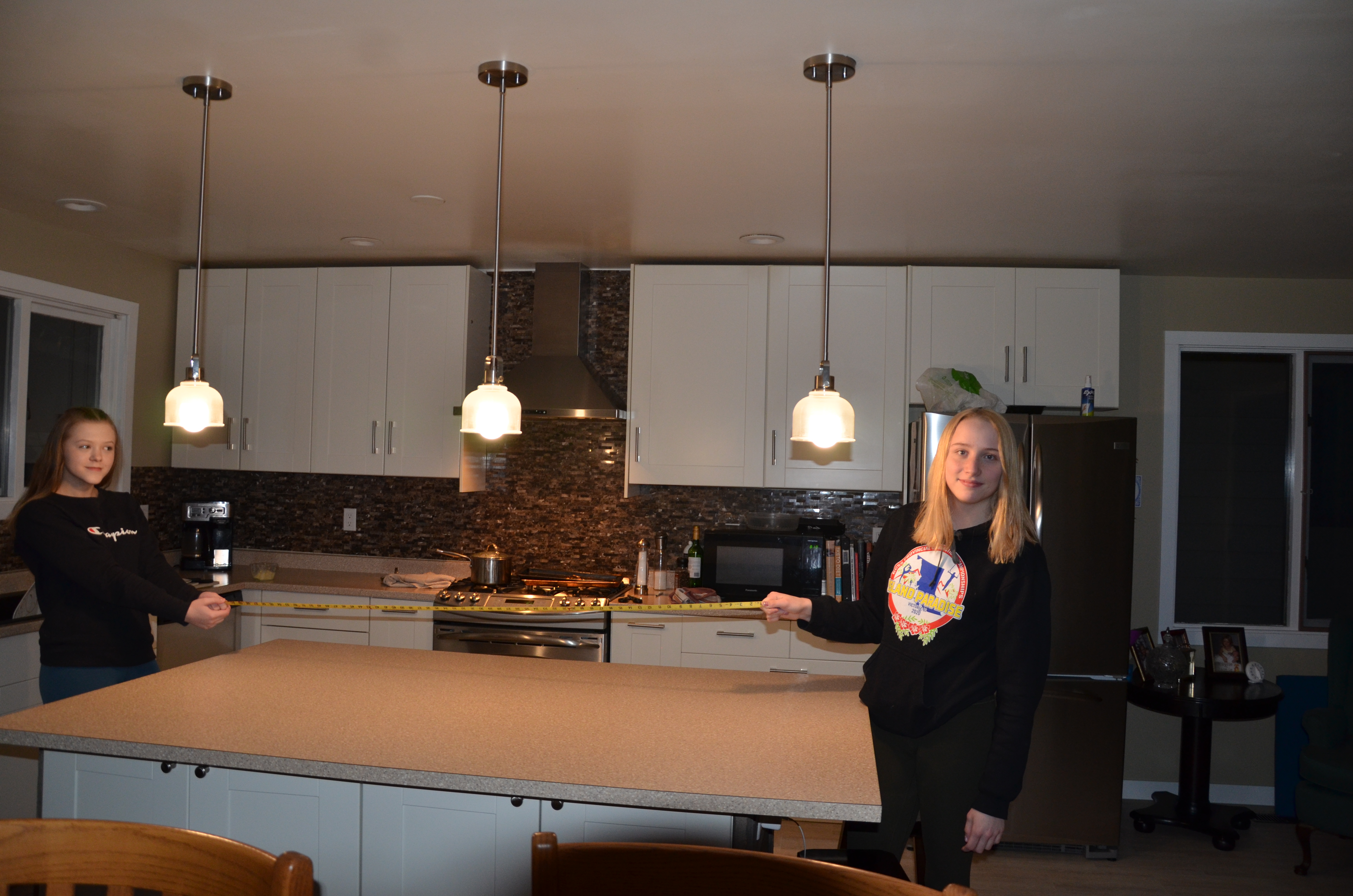
Resiliency seems a perfect topic to resume my blog after a long hiatus. Like you, I have been dealing with the curve balls Covid has thrown my way this past year. I also lost my husband of twenty years unexpectantly on Valentines Day, 2021. I know that many of you, like me, are struggling with losses, disappointments, setbacks, and heartache.
Resiliency is the ability to bounce back from difficulties and setbacks. Resiliency allows us to grow and strengthen in times of adversity. Although our resilience, or lack thereof, is developed in childhood, we can build and enhance our resiliency at any age.
Another factor affecting resiliency is our biological disposition. Some of us are born with a more sensitive central nervous system, causing us to respond longer and more intensely to things in our environment. This predisposition can make it more challenging to bounce back from setbacks.
Having opportunities to accomplish goals and overcome adversity also helps increase our resiliency. Much of our resilience comes from having confidence in ourselves and the belief we can overcome obstacles, setbacks, and even heartbreak.

To strengthen our resilience, we need to increase our belief in our ability to overcome obstacles. All of us have overcome obstacles, big and small. Yet our self-talk often doesn’t reflect this. We may incorrectly tell ourselves we can’t handle things, can’t manage alone, or can’t cope with adversity. Rather than thinking of examples to show that we are strong and capable, we convince ourselves we are weak and incapable.
To build resiliency, we must challenge negative self-talk. A lot of this self-talk consists of inaccurate messages that we’ve carried since childhood. They’re messages we’ve received from others, such as, “something’s wrong with me,” I’m stupid,” “I can’t do anything right,” “I’m too sensitive,” or “I’m not important.” But just because you were told these things at some point in your life, it doesn’t make them true. In fact, these statements are too general and broad to ever be accurate. It’s time to discard these shaming messages and replace them with affirming statements that accurately reflect the truth of who you are.
Self-compassion and self-acceptance are critical to building resiliency. It’s impossible to recover from a setback if you’re constantly blaming, shaming, and criticizing yourself. We all make mistakes; it’s part of being human. Mistakes do not reflect our character. They reflect our human imperfections. We all get tired, stressed, emotional, and distracted, and that’s when mistakes happen. When we extend compassion and understanding to ourselves and others, it’s easier to recover and grow from our mistakes.
To build resiliency, we must train ourselves to stay focused on the present moment. When we dwell on the past or worry incessantly about the future, we get stuck in our thoughts and we don’t move forward. Joy can only be experienced in the present moment. There is no joy in focusing on regrets of the past or worries of the future. When we focus on what’s happening right now, we are better able to accept our losses, learn from our mistakes, and move forward one step at a time.

Lastly, to build resiliency, we need a strong support system. Life’s inevitable setbacks, disappointments, and heartaches are easier to bare when we share them with people who love us and are in our corner. We are social animals, and we are not meant to go it alone. We are meant to be surrounded by a community of people who help us in times of adversity. A strong support system helps shoulder life’s burdens and celebrate successes.
If you want to increase your own resilience, counsellors at Validity can help. You can contact Validity at 236-331-6106 or go to contact page.
Jenny DeReis, MC Psych, RCC



 Being a child means being dependent on others and having little control over what happens to you. If your vulnerability is protected, you spend your childhood learning life-skills that prepare you for adulthood. If you are not protected, you spend your childhood learning survival skills. Adulthood is either thrust on you too soon or catches you unprepared.
Being a child means being dependent on others and having little control over what happens to you. If your vulnerability is protected, you spend your childhood learning life-skills that prepare you for adulthood. If you are not protected, you spend your childhood learning survival skills. Adulthood is either thrust on you too soon or catches you unprepared. We all need a break from our thoughts from time to time. Sometimes we take breaks through excessive drinking, eating, drugging, gambling, or gaming. While these activities give us a temporary break, they can also disconnect us from our emotions.
We all need a break from our thoughts from time to time. Sometimes we take breaks through excessive drinking, eating, drugging, gambling, or gaming. While these activities give us a temporary break, they can also disconnect us from our emotions.  Let’s be honest; most experiences are not horrible. They might be unfortunate or, at the very least, unpleasant. If you tell yourself that uncomfortable situations are horrible, you will experience more stress. When we exaggerate our experiences, we increase our emotional intensity and make situations harder than they need to be.
Let’s be honest; most experiences are not horrible. They might be unfortunate or, at the very least, unpleasant. If you tell yourself that uncomfortable situations are horrible, you will experience more stress. When we exaggerate our experiences, we increase our emotional intensity and make situations harder than they need to be.  Change the way you talk to yourself and change your life. The primary difference between an insecure person and a confident person is the way they talk to themselves.
Change the way you talk to yourself and change your life. The primary difference between an insecure person and a confident person is the way they talk to themselves.